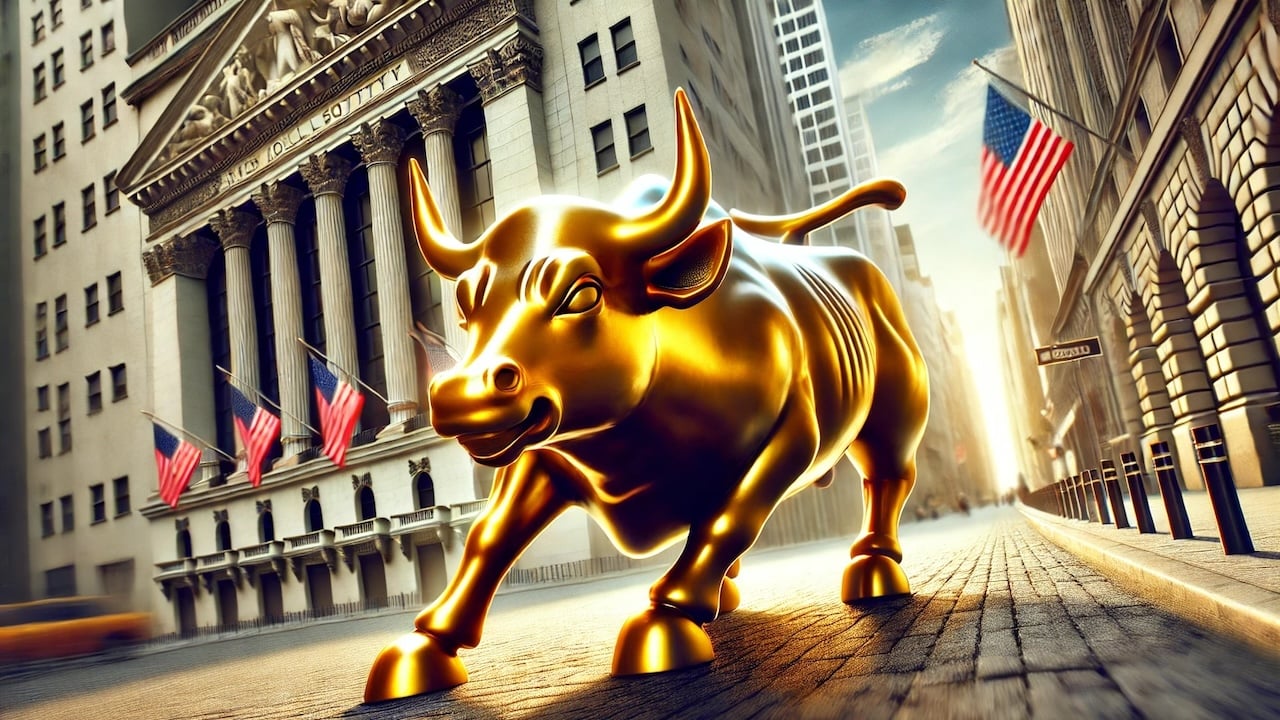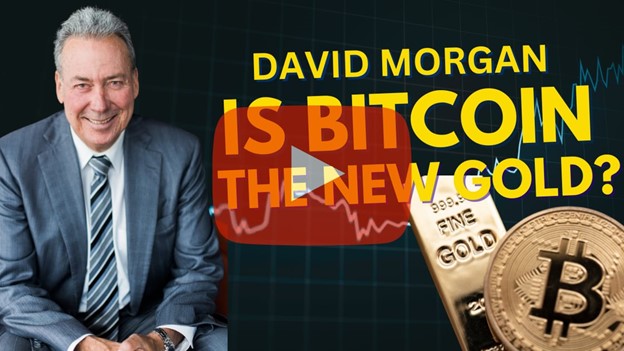Is gold in the midst of a supercycle?
A Wells Fargo analyst thinks so.
Gold has had quite a bull run in 2024. The yellow metal is up over 21.6 percent this year, ranking among the best-performing assets. Along the way, it has hit new all-time highs more than 20 times.
The first leg of the bull run occurred between mid-February and mid-April as gold moved from around $1,900 to $2,390. There was consolidation at that level over the summer before the recent run-up to over $2,500. Now it appears we’re in a period of consolidation around that level.
During a recent interview with Kitco News, Wells Fargo Head of Real Asset Strategy John LaForge said gold appears to be catching up with a broader “supercycle” in commodities that started during the pandemic.
“In the first few years of the gold market, in 2020 and 2021, gold’s performance was disappointing compared to other commodities. Most commodities doubled.”
LaForge went on to say that “gold has finally reacted,” calling it “a big deal.”
“It confirms that we are in a supercycle.”
LaForge said we might see momentum slow as we move into the final months of 2024, but he doesn’t see the bullish trend reversing anytime soon.
“Maybe we get some pullbacks, or gold just keeps grinding higher; the bias right now is to the upside.”
He went on to say that he thinks $2,500 just “seems like the next stop.”
Gold has not only set records in dollar terms, but it has eclipsed record highs in all major currencies this year. LaForge said that supports the idea that we are in the midst of a sustainable rally.
LaForge pinpointed inflation as a significant driver for the gold market and commodities more generally. He said rising commodity prices supported gold in the early stages of the supercycle as lumber, copper, and many other commodity prices soared.
Those prices have moderated in recent months, but LaForge thinks investors are now looking to gold as a hedge against debt-driven inflation. He specifically mentioned the rapidly rising government debt in the United States.
“Debt continues to grow, and I don’t see that changing. Rising debt could actually drag the supercycle out longer than the 10-year average. I just don’t know how the country pays back $35 trillion in debt.”
Investors should also consider that while the mainstream seems to think the Federal Reserve has managed to beat inflation back, in reality, the central bank has surrendered to inflation and is set to ramp up inflationary monetary policy.
In fact, government officials and central bankers don’t want to beat inflation. They want inflation. It is the stated policy.
Read the full article here












Leave a Reply